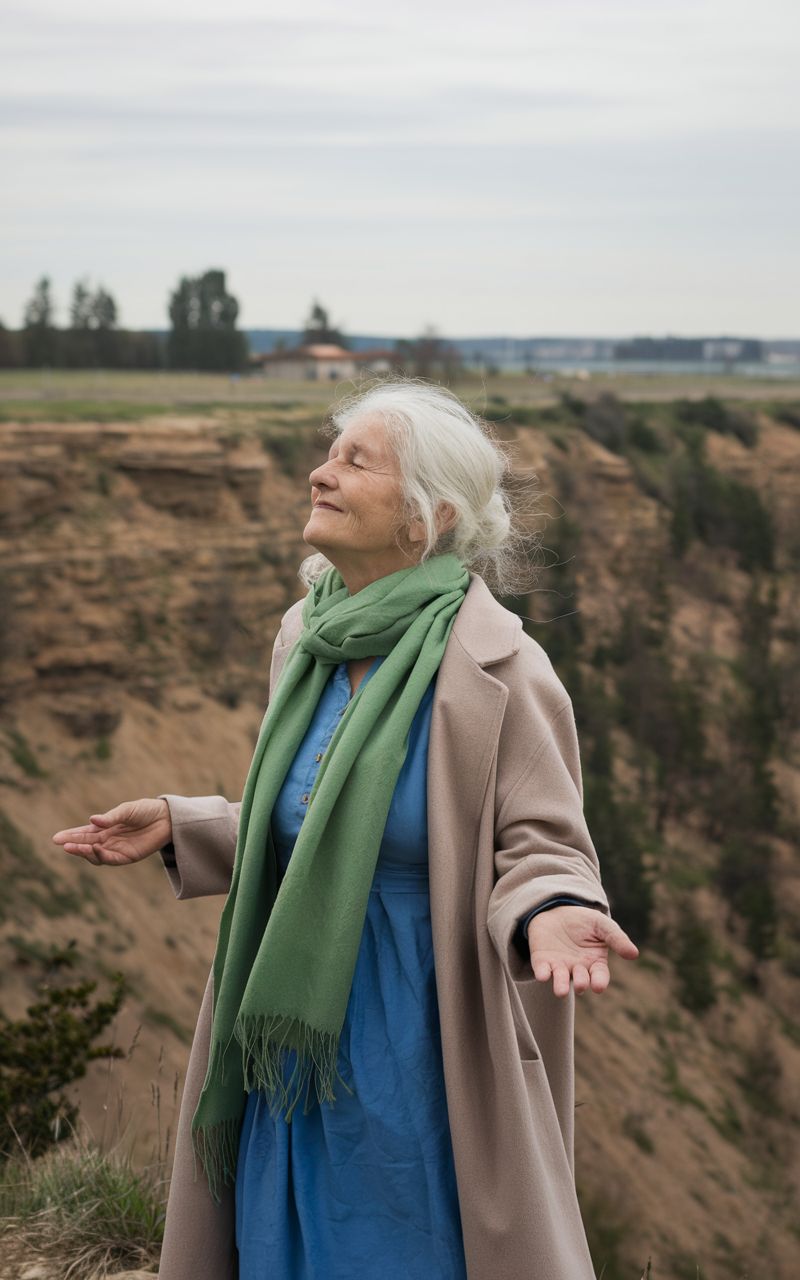My name is Dorothy, and I am 80 years old. Margaret was my best friend for decades, and her story needs to be shared.
She was the sharpest, sassiest woman I have ever known. She would always call me her “partner in crime,” although most of our adventures involved nothing more scandalous than sneaking extra donuts or gossiping over coffee. Margaret lived modestly but wisely. She had a cozy bungalow, adorned with flower boxes, and a beautiful colonial-style house that her late husband, Tom, cherished.
When Tom passed 20 years ago, Margaret rented out the colonial home to cover her expenses. “Tom would have hated it,” she would say with a wink, “but a lady’s gotta live.” She never relied on anyone, not even her children, Lisa and David.
“Independence is a woman’s best friend, next to coffee, of course,” she would often say, wagging her finger.
However, as Margaret’s health began to decline last year, she finally needed some assistance. I started running errands for her, and her children began to visit more often. At first, it seemed like they genuinely cared. But then I noticed their true motives: they were circling like vultures.
Lisa, always dressed as though she were heading to brunch, would eye the colonial house longingly. “It’s such a shame that big house just sits empty,” she would say. “A family like mine could really use it.”
On the other hand, David would show up with his laptop, pretending to be Margaret’s financial advisor without her approval. “Mom, selling that house could really set you up—or help the family. Just something to think about.”
Margaret hated it. “I’ll decide what to do with my houses when I’m good and ready,” she would tell them, her tone sharp. “And don’t you dare act like I’m about to kick the bucket.”
The grandkids were no better. Lisa’s eldest, Jessica, would try to butter Margaret up with baked goods and sweet notes, “Grandma, wouldn’t it be wonderful if our family got to live in that big house?” David’s son, Kyle, was more direct, saying, “Grandma, you should just give it to Dad.”
One afternoon, after overhearing Lisa and David arguing over the colonial house in Margaret’s living room, she had enough.
“You’d think I was already six feet under with the way you’re fighting over my stuff!” she snapped, silencing them both. “But Mom, we’re just trying to help—” Lisa started, only to be cut off by Margaret’s glare. “If you want to help, wash the dishes. Otherwise, don’t come around here with your nonsense.”
Later, as she sat in her kitchen with me, Margaret shook her head. “They’re shameless, Dorothy. Just shameless.”
I tried to reassure her. “They’ll back off eventually.”
She smirked. “Don’t count on it. But I’ve got a plan.”
When I pressed her, she simply grinned. “You’ll see.”
A week later, Margaret was gone. No warning, no goodbyes—just a single note left on my doorstep:
“Dear Dorothy,
Don’t worry about me. I’m safe and need some time to myself. Keep an eye on the vultures for me. I’ll be back when I’m ready.
Love, Margaret.”
